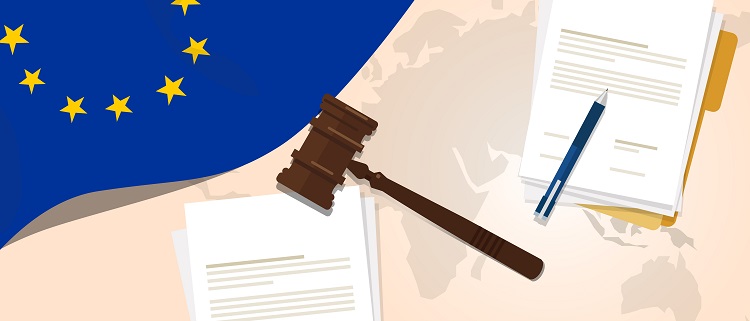
The 31st December 2020 saw the United Kingdom leave the European Union. Since then, trading rules with the EU have changed, but as the deal was only announced just before the end of 2020, businesses are not surprisingly still trying to understand exactly what exporting to, and importing from Europe looks like from now on.
As part of the customs union previously, UK businesses could trade with the EU tariff-free, without the need for customs declarations, Preferential Origin documents (such as EUR1’s) or Non-Preferential Origin documents (Certificates of Origin). Now the UK has left the EU, for Preferential Origin, exporters will have to follow rules set out in the Trade and Cooperation Agreement (TCA) between the UK and the EU.
The European Community (EC) Certificate of Origin has been replaced by a United Kingdom Certificate of Origin. This form shows the origin of goods, what the goods are, their weight and country of destination. Certificates of Origin are not part of the EU-UK trade agreement so there are no rules that state they are required when trading with the EU. However if your EU importer requests a Certificate of Origin, these can be issued. If an EU country specifically requests a Certificate of Origin, the non-preferential rule would be followed, which is the goods originated where the last substantial economically justified process takes place.
The UK-EU trade agreement only refers to preferential rules of origin, not non-preference origin documents (Certificates of Origin). For Preferential origin goods, you will need to check if they need to follow specific rules of origin.
Certificates of Origin require certification from an accredited Chamber of Commerce to be valid. Business West’s Export Documentation team can help and are fully authorised to certify all documents needed to export to the EU.


